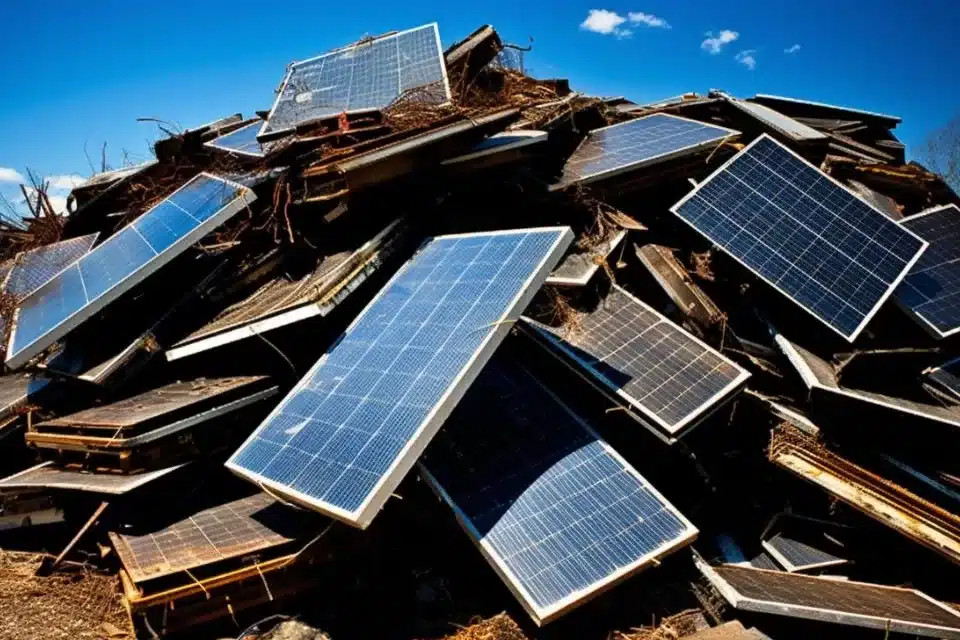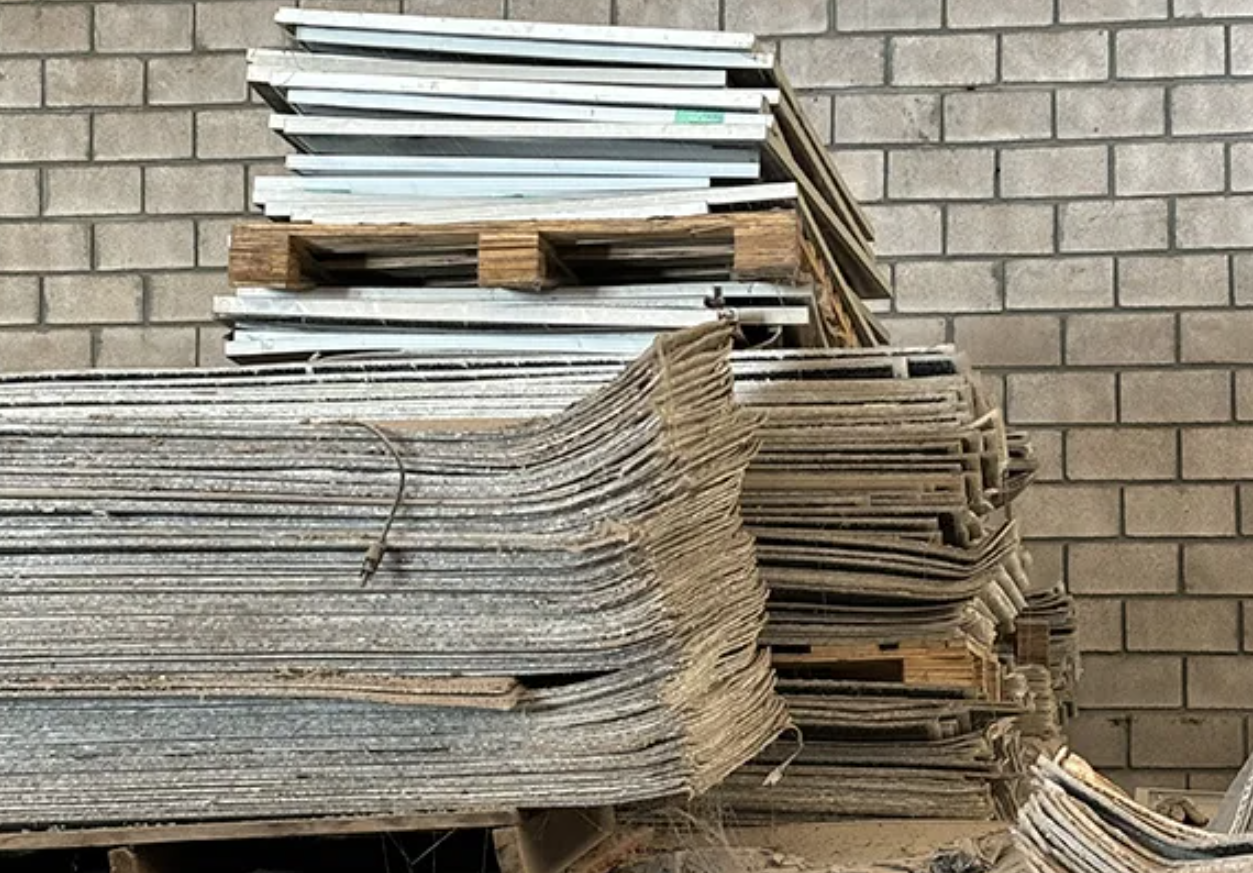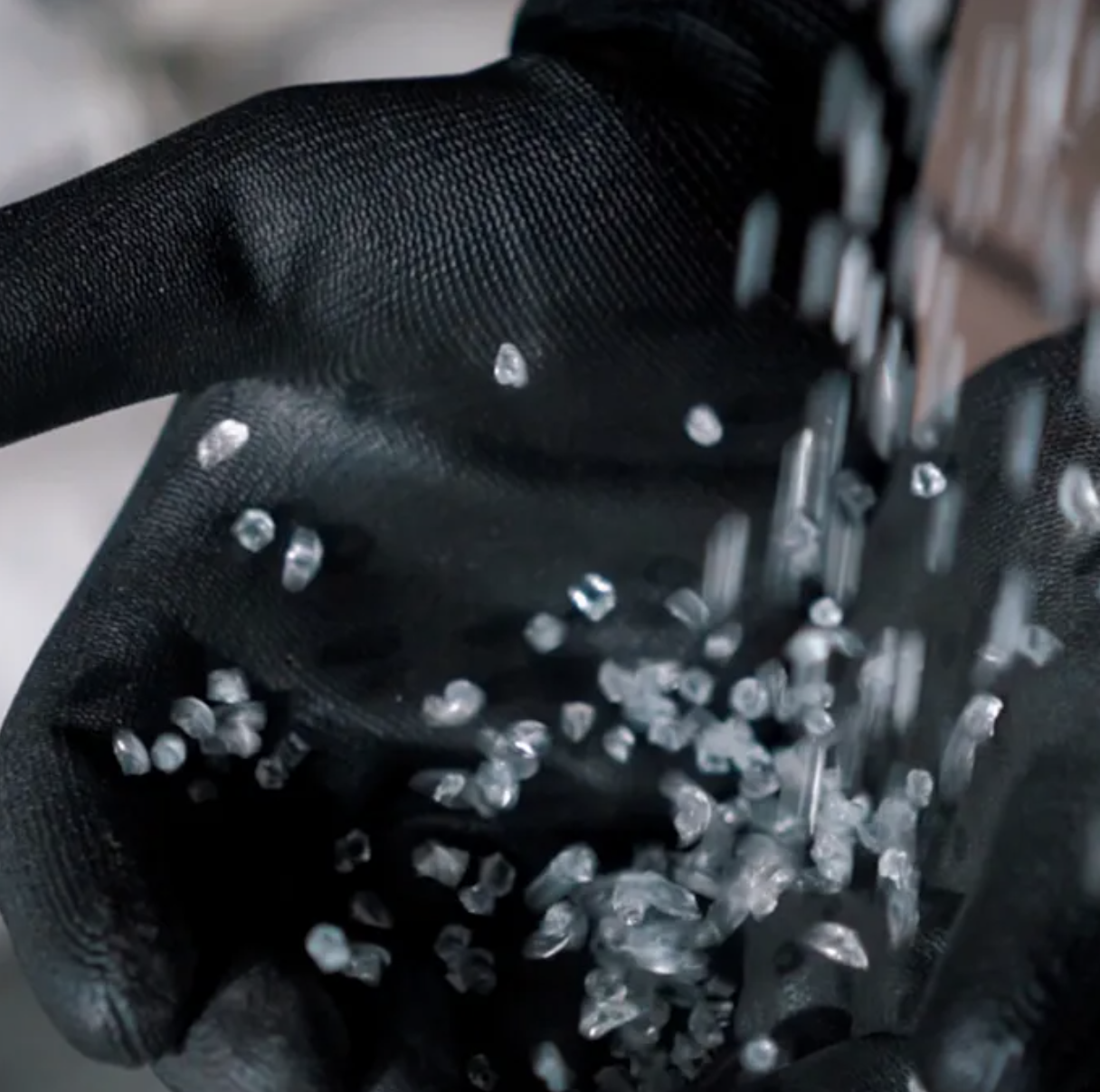ESG in Solar Projects
You must have seen this acronym somewhere, right? There is a strong global tendency to see companies as a whole – not only economic indicators are relevant, but social, ethical and environmental sustainability aspects as well.







